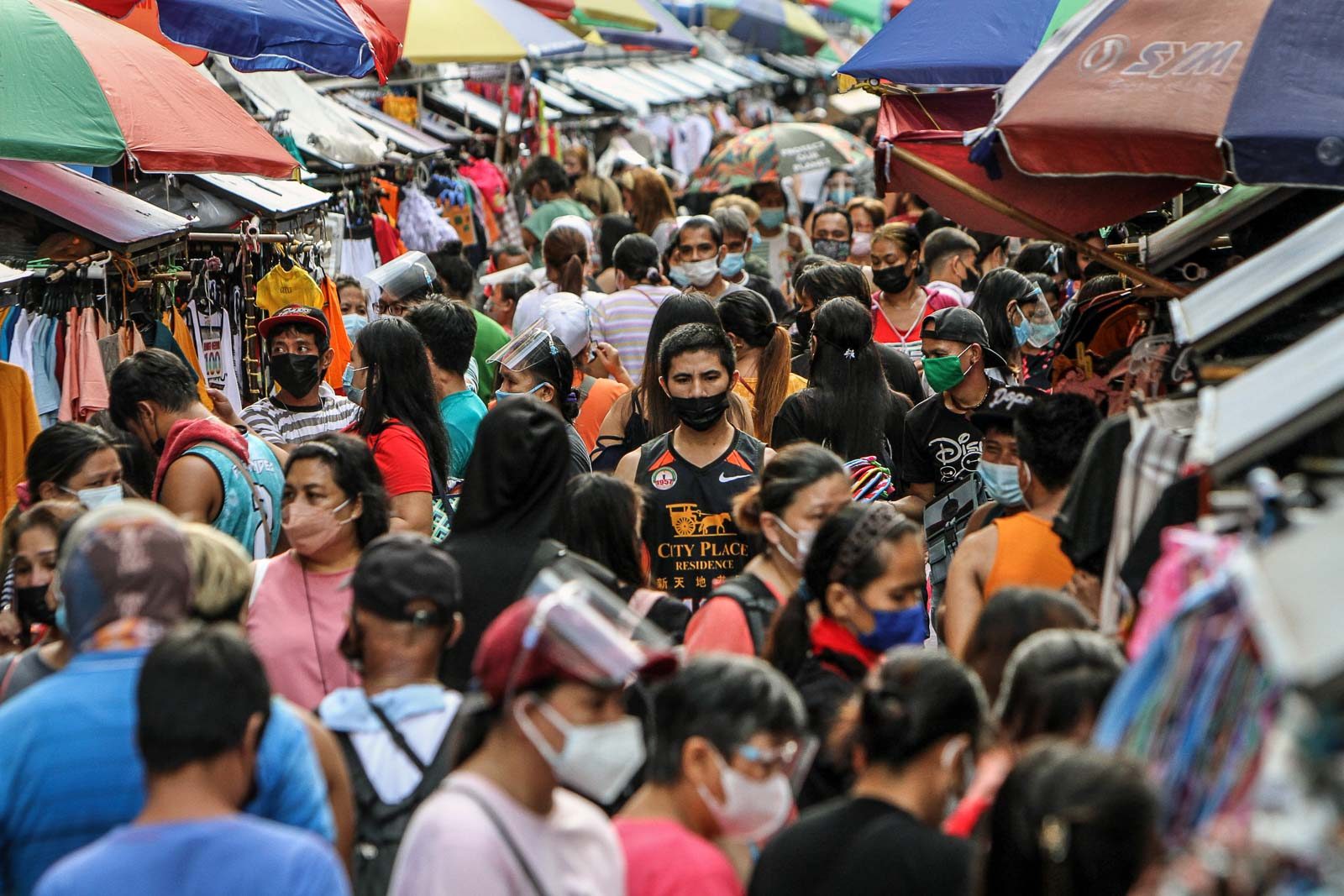SUMMARY
This is AI generated summarization, which may have errors. For context, always refer to the full article.


Supporters of President Rodrigo Duterte have “lower capacity” in distinguishing correct from false information, according to a study of the Ateneo School Government’s (ASoG) survey unit.
The findings came from two rounds of surveys conducted by Boses Pilipinas in 2021, wherein 7,000 and 24,000 youth respondents were made to answer a 10-item quiz.
“Iyong may mataas na suporta kay Pangulong Duterte ay mas may mababang kapasidad to identify both fake and real news,” Boses Pilipinas convenor Dr. Imelda Deinla said in a webinar on Wednesday, November 17.
(Those with high support for Duterte have lower capacity to identify both fake and real news.)
The survey also found that in contrast, student supporters of opposition leader Vice President Leni Robredo are more likely to identify “fake news” and “real news.”
But why classify the respondents as either Duterte or Robredo supporters? Deinla said their study argued that the country’s top two leaders represented opposing ideologies – populist and liberal-democratic.
“We can correlate political polarization, being represented by Duterte and Robredo, with the capability of the youth in accurately recognizing fake news and real news,” Deinla said.

Susceptibility to false information
Deinla enumerated a couple reasons why someone is more likely to believe “fake news.”
She said that trust in Facebook as a source of information and distrust in mainstream media resulted in higher susceptibility to false information online.
“Trust in social media and Facebook is shown to impair one’s ability to detect misinformation. Users who are predisposed to believe in information that mirrors their sentiment are more exposed to misinformation networks online,” Deinla added.
Confident respondents but average quiz scores
During the second survey round conducted from August to September, some 63% of the respondents of the 10-item quiz on “fake news” said they were “somewhat confident” about their abilities to identify false information.
But their average score in the 10-item quiz was only 6.9.
“There is a big mismatch between the students’ perceived ability in identifying fake news from real news, and their actual performance in the face of fake news. This means, their confidence did not translate to their ability when they answered the quiz,” Deinla said.
The same study showed that people who are likely to participate in the 2022 elections have high accuracy in identifying “real news.”
Other stakeholders interested to check how susceptible they are to “fake news” online may also take the quiz via the Inclusive Democracy website.
The university-based web application “aims to serve as a misinformation diagnostic tool among voting-age Filipinos, in preparation for the 2022 elections,” the non-partisan, pro-democracy coalition organized by the ASoG.
Boses Pilipinas, which was launched in July, is an academic-based opinion and survey research unit that promised not to accept commissioned surveys from politicians for the 2022 national elections. – Rappler.com

Add a comment
How does this make you feel?




![[New School] Tama na kayo](https://www.rappler.com/tachyon/2024/02/new-school-tama-na-kayo-feb-6-2024.jpg?resize=257%2C257&crop=290px%2C0px%2C720px%2C720px)
There are no comments yet. Add your comment to start the conversation.